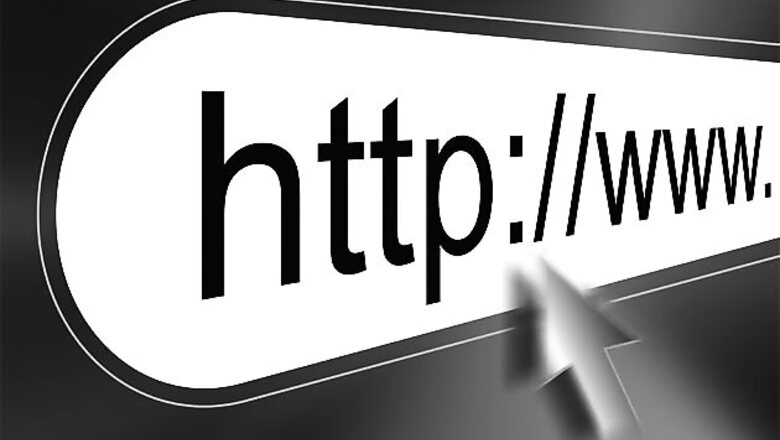
views
Moscow: The Russian parliament has approved a legislation to give the state powers to block blacklisted websites.
The move has been criticised by internet freedom activists who say the law could be used to crack down on dissent.
The all-party State Duma committee that drafted the bill says it is necessary to combat websites that carry child pornography, drug promotion material and advice on suicide.
The law will see the creation of a federal agency to rule on which websites should be closed down.
"It is always argued that these laws are against extremism, child pornography, and so on, but this legislation will hit the opposition and freedom of political expression," said Alexander Morozov, head of Moscow think tank Center for Media Studies.
Analysts say Kremlin's control over national television channels has meant the internet has played a major role in the rise of unprecedented dissent against the 12-year rule of President Vladimir Putin.
Opposition figurehead Alexei Navalny, a popular anti-corruption blogger, said on his blog that the bill would transform the internet into a "Zombie Box" - opposition slang for national TV.
But the head of the committee, Yelena Mizulina, said critics of the bill were falsely attempting to accuse the authorities of censorship. "There is no censorship here," she said.
Mizulina's comments came after the Russian-language version of Wikipedia closed down for a day Tuesday and blacked out its logo protesting the bill.
"Imagine a world without free knowledge," a statement on the empty website said.
Prime Minister Dmitry Medvedev, a keen user of social networks, appeared to partially criticise the bill ahead of the parliamentary vote.
"The basic principle is that the internet should be free," he told officials of his ruling United Russia party.
"But it should also observe people's basic rights and laws, including the right to information, but also the right to protection from harmful content."
The bill has been slammed by the Kremlin's own council on human rights, which said that the law would see a "new electronic curtain" descended on Russia.
The bill will now go to the upper house and could enter into law Jan 1, 2013.

















Comments
0 comment